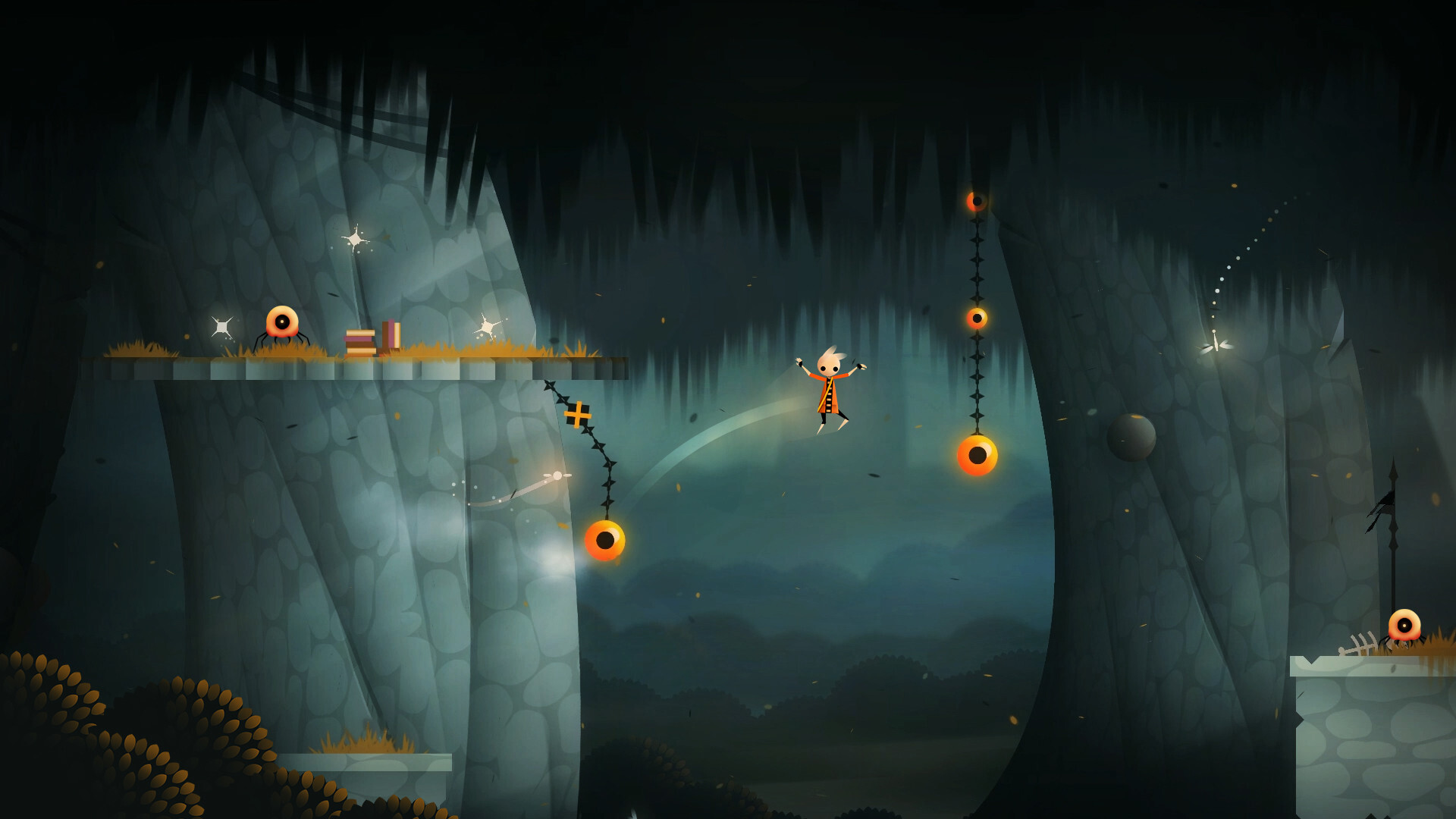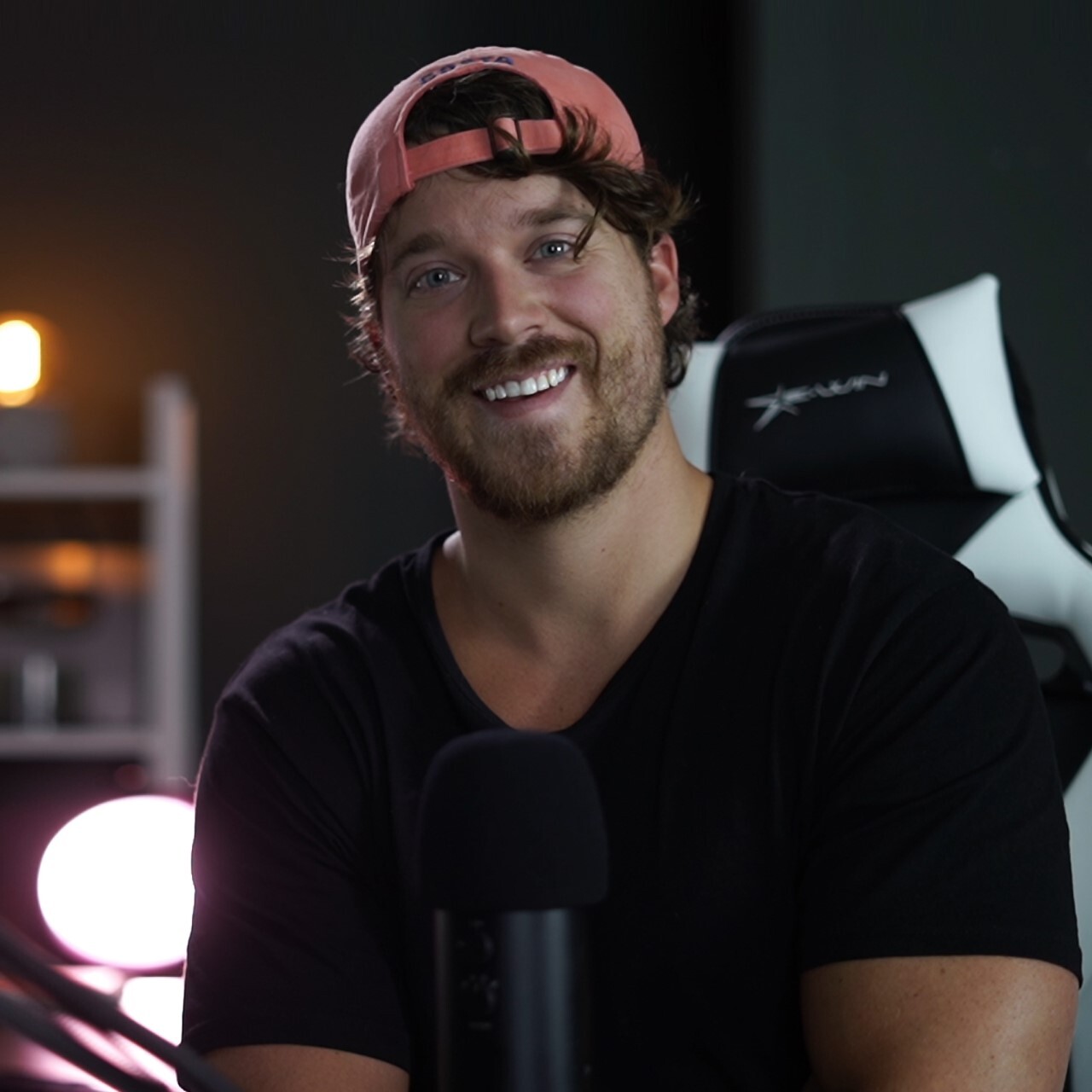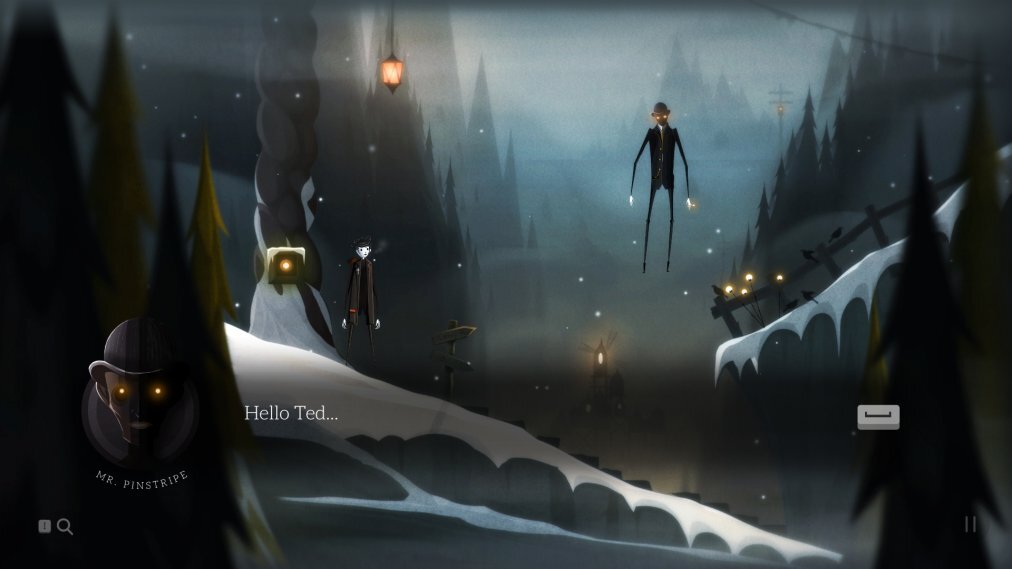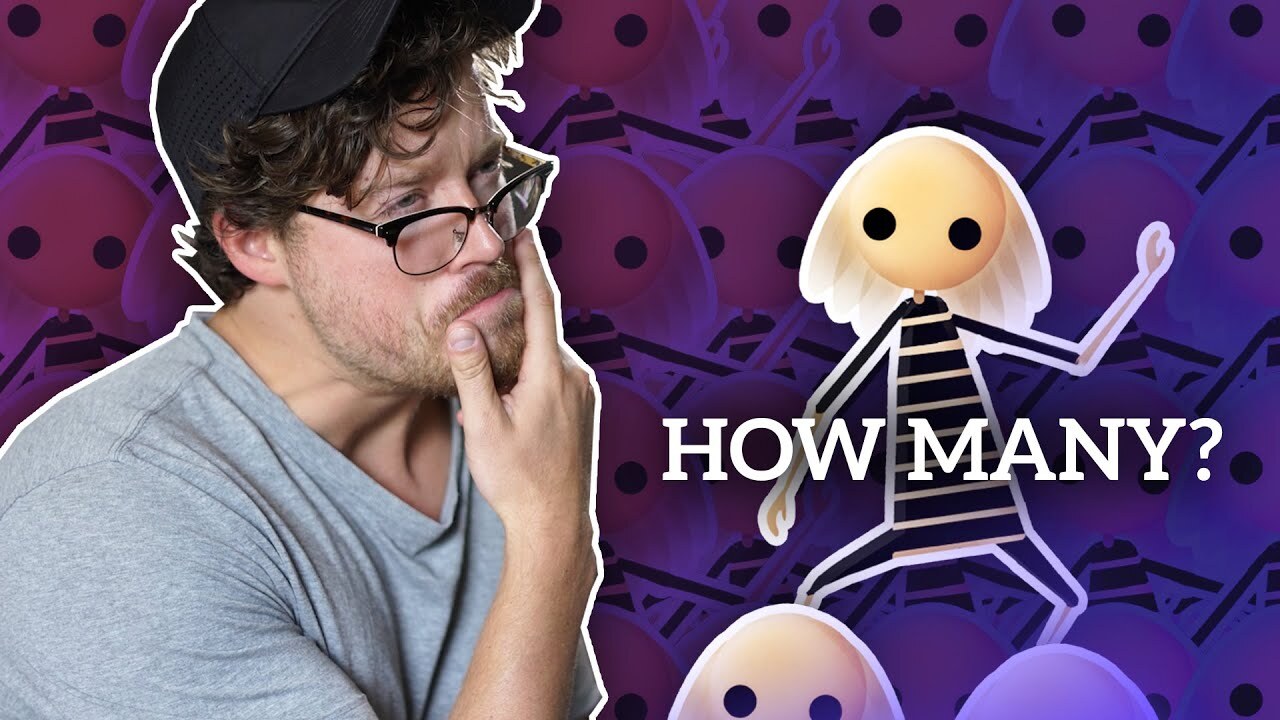Meet the indie developer teaching thousands how to make games through YouTube
Teaching game development for free
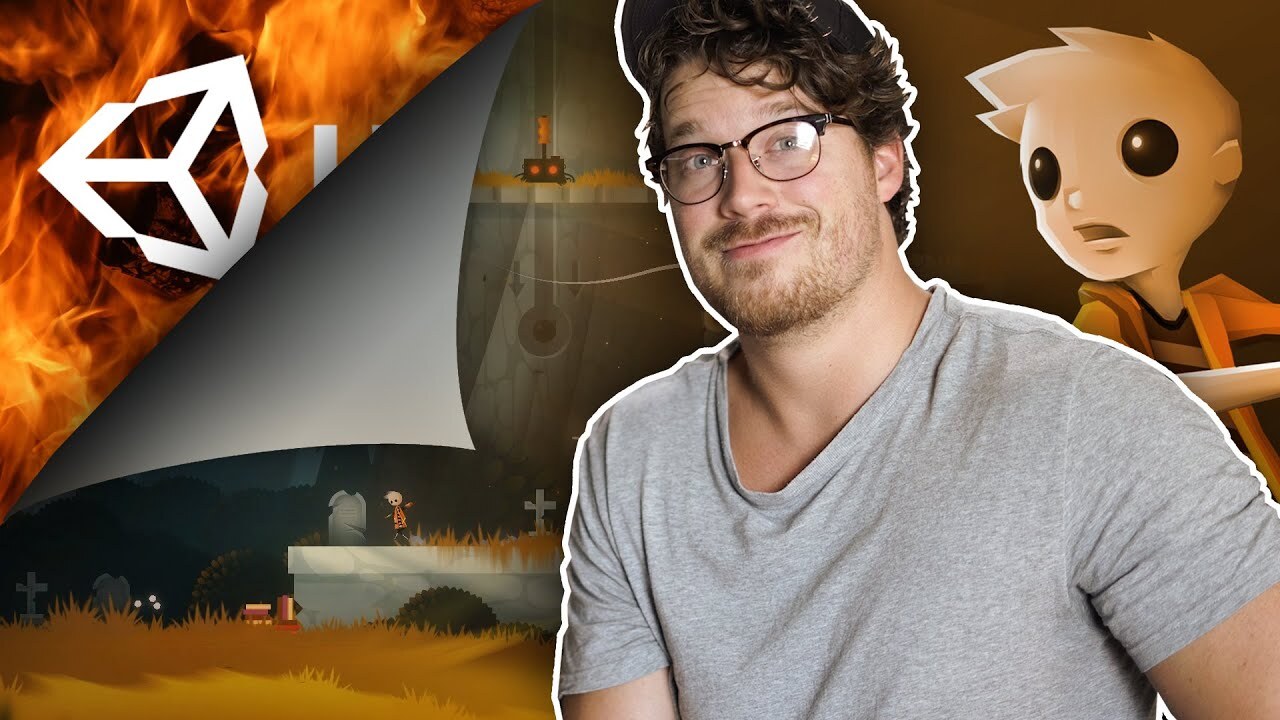
As if making video games wasn't already tough, several studios were forced to adapt earlier this year when in-office working screeched to a halt worldwide. Games were delayed, production schedules reshuffled, and creative teams everywhere had to get used to working from home. For a select few, however, nothing much changed at all. Because while being an indie developer incurs its own set of risks, it also sees you well-equipped for staying productive in a global pandemic. Who knew?
Thomas Brush, Atmos Games founder and the creator behind delectably dark 2D platformers like Pinstripe and more recently Neversong, is a good example of this.
He admits that there have been challenges both personal and financial, but is overall proud of where his decade-long development journey has taken him: “My little section of the games industry has actually been going really well because, quite honestly, I think people are just playing more games these days. It makes sense.”
Neversong launched on Steam back in May to positive reviews, eventually receiving a console port in July with little to no hiccups. And while Thomas Brush did have a development partner in Serenity Forge to help get the latter over the finish line during lockdown, every game he’s made so far has largely been the efforts of just himself.
Instances like this, where one person handles the coding, art, music, and writing aren’t uncommon amid the indie scene these days. Brush recognised this and wanted a way to aid his peers, so in 2011 he created a YouTube channel with this explicit focus.
“The paradigm my audience lives in is one I was in for more than a decade,” says Brush on understanding the circumstances of his viewers. “Being a stressed-out student in high school or college, working a frustrating, underpaid hourly job, sitting at a boring desk for 45 hours a week, struggling to make ends meet with a family... I think a lot of my audience has a hard time seeing the ability to manage all of this, while also somehow making video games.”
By revealing some of the secrets regarding his own success, Brush is helping those that otherwise lack the necessary information and resources but still hope to follow a similar path. Often, from the outside looking in, making video games for a living can seem like an intangible prospect. Brush’s YouTube channel looks to combat this, following his own personal development timeline, yes, but also covering other useful areas such as how to work in Unity, solo game dev mistakes to avoid, making art when you’re not an artist and ways to best market your game.
Sign up for breaking news, reviews, opinion, top tech deals, and more.
Brush admits that most devs starting out likely don’t pay the latter aspect enough attention. “Marketing and promotion are more than half of the equation when becoming a full-time game dev,” he says. “The problem isn't that nobody wants to buy your game, it’s that you haven’t found the people who want to buy your game.” With dozens of indie titles releasing across all platforms weekly, Brush reinforces that knowing how to ‘sell’ your game is important – especially in a world where everyone is more connected than ever. “Marketing is not manipulation. It’s not going door to door and convincing someone they want something that they clearly don’t. It’s finding people who immediately want your game.”
Tools like this could prove invaluable in a post-pandemic world, where not only established creators are now working remotely, but any newcomers wanting to learn game development likely will be as well. Documenting your process via a YouTube channel is an easy way to reach the next generation of video game talent quickly. So why aren’t more developers doing this? Brush has his theories.
“I guess it’s a bit of a secret weapon that not a lot of studios want to share,” speculates Brush. “2021, in my opinion, is going to be the year every studio on earth scrambles to get on YouTube. The reason is because it’s a phenomenal place to market. The indie game world is absurdly competitive, and YouTube was a bit of a vacuum just waiting to be filled with game studios ready to build an audience. Only a few of them were explaining their processes of creating games, and I figured building an audience of game developers (not necessarily gamers), might be incredibly valuable.”
He wasn’t wrong. In the 9 or so years that it’s been up and running the Atmos Games YouTube channel has garnered over 213K subscribers – and Brush is certain that this achievement has improved the longevity of his games. “A long-term strategy of building a YouTube army of subscribers interested in the creation of that game will always wish-list and support your work,” he says. “Let’s just hope the sharks don’t come in and steal the limelight from the smaller studios.”
The scenario Brush is describing has already happened within YouTube’s lifestyle space, where celebrities like Will Smith, Brie Larson and others have made a play to try and cultivate an audience on the platform.
The difference with Thomas Brush, however, is that his efforts are very much about giving something back. Where else can prospective developers learn how to write video game music in 30 seconds? It’s very much a two-way relationship, in that sense.
Such widespread demand for this knowledge has inspired Brush to take this concept a step further, collating a formal online game development course simply called Full Time Game Dev scheduled to launch this October. How will it differ Brush’s YouTube channel content? “It’s going to be super comprehensive,” he reveals. “It covers, step-by-step, how to go from knowing nothing about making games, to building a brand, a Steam page, a prototype in Unity, securing funding from publishers and Kickstarter, and ultimately securing a slot on the Steam front page.”
There being no set path of how to get into game development can sometimes seem frustrating. Some might enter through QA and then work their way up through the ranks, others may have studied formally at college or have found success in another field entirely and crossed over from another industry. Self-teaching routes and online courses have only increased in popularity, however, even more so since we’ve all been locked up at home. Efforts like Brush’s means having increased accessibility to this knowledge and these tools, and no doubt will lead to more diverse and interesting games as a result.
